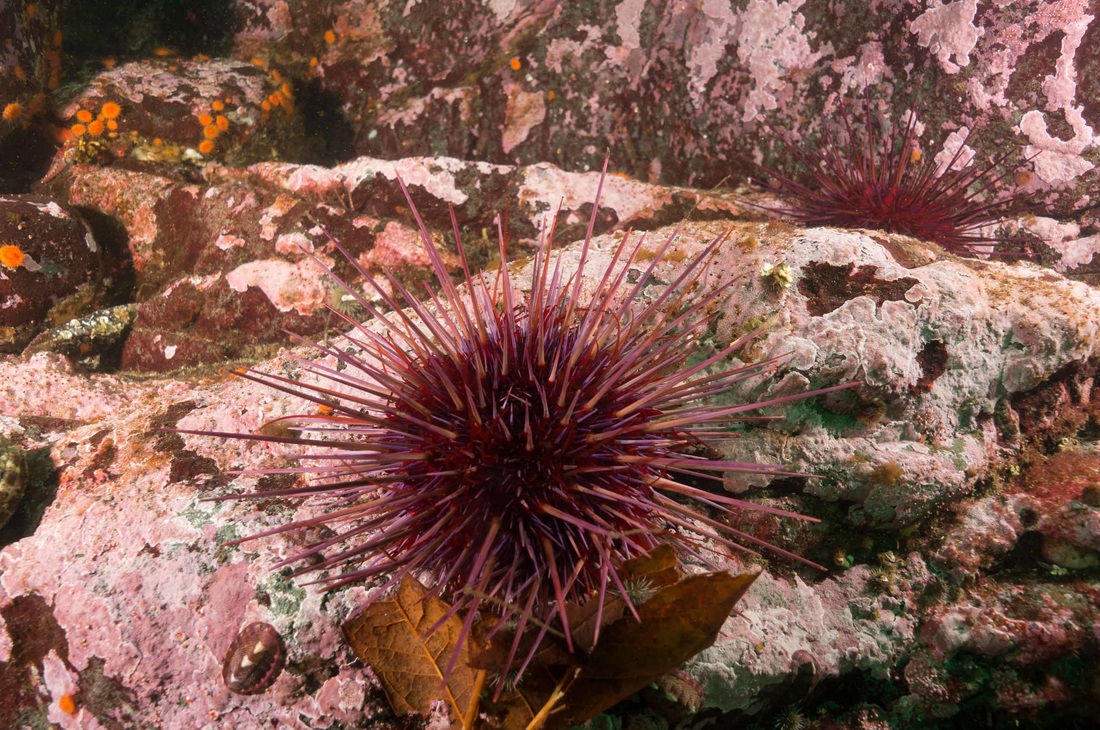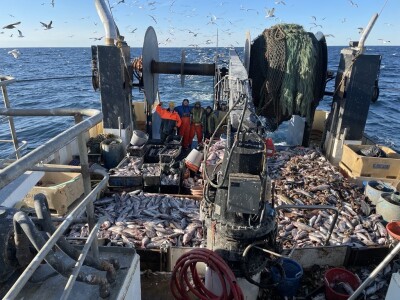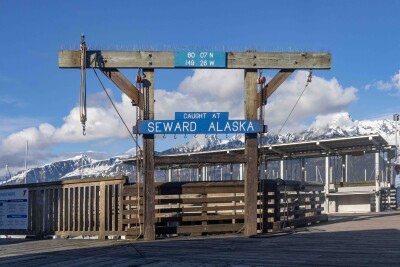West Coast urchin divers are still recovering from the effects of El Niño. With waters in a cooling trend this year, kelp beds — the mainstay diet of urchins — have begun to flourish, and that bodes well for increased uni content (urchin roe).
Production in key California harvest areas remains at a fraction of what divers harvest in an average year. It’s not that the urchins aren’t there, according to Tom Trumper, owner of Pacific Rim Seafoods, in Fort Bragg. But uni content stays below marketable levels until they fatten up.
“They can last for years eating basically rocks,” he said. “But you can’t eat them.”
Trumper adds that he and other divers are seeing more kelp growth, particularly out in water around 60 feet deep. But it’s not enough to spike the harvest levels. Trumper estimates that production in the San Diego area is down by 90 percent, and 80 percent down in Fort Bragg.
With markets short on supplies, ex-vessel prices paid to divers have skyrocketed. Though Trumper wasn’t at liberty to disclose prices to his wholesale and resale customers, he hinted that prices for uni had skyrocketed beyond prices posted in PacFIN.
“That’s what brought the prices up so high,” he said. “The market is just really hungry.”
According to most recent data from PacFIN, divers in California, Oregon and Washington landed 9.02 million pounds of red sea urchins at ex-vessel prices of 84 cents for revenues of $7.55 million in 2015. In 2014, divers in all three states harvested 12.54 million pounds at 76 cents for revenues of $9.49 million.
“The value of them right now is so high that it’s shocking,” Trumper said.
Until the last decade, prices for uni were tied to economics and culinary preferences in Japan. Since 2013, U.S. exports of urchin products to Japan have declined from 884,808 kilos and a value of $31.85 million to 443,719 kilos for a value of $17.23 million in 2016, according to NMFS. data,
Nowadays much of the West Coast product goes to markets in Dallas, New York, Chicago, Miami and San Francisco.







